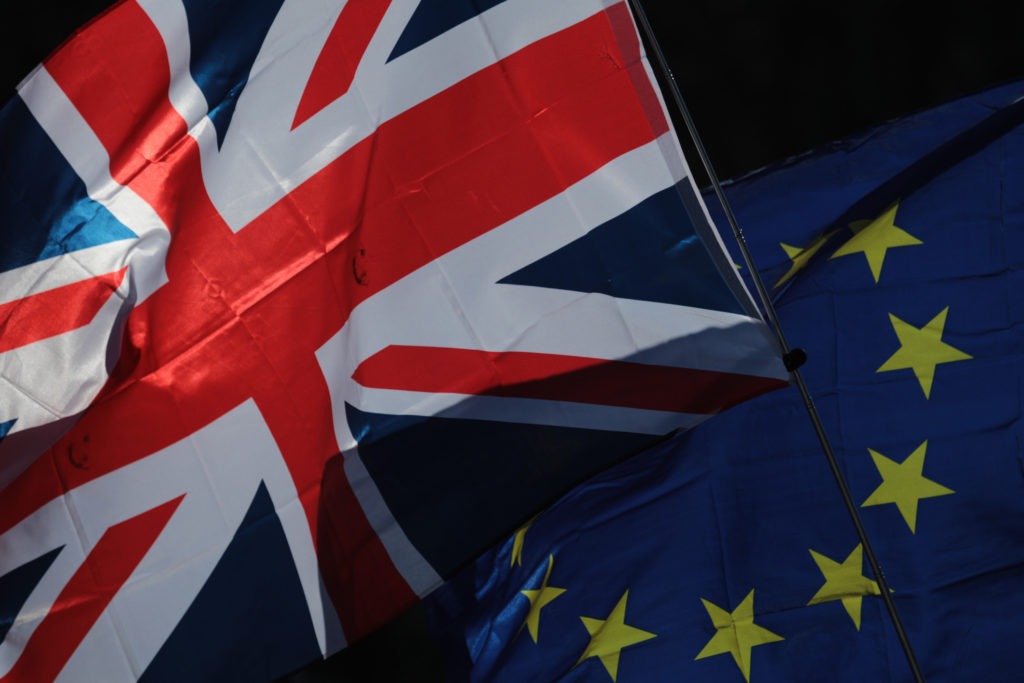UK Brexit deal defeat leaves automotive industry on ‘cliff edge’
16 January 2019

16 January 2019
The UK Parliament has voted against the Brexit deal offered by Prime Minister Theresa May, leaving industries in a state of limbo.
The deal, which would have seen a transitional period put in place when the UK leaves the EU on 29 March, was voted down in one of the largest defeats a UK Government has ever suffered. The official opposition also tabled a vote of no confidence in the Prime Minister, which May narrowly survived.
The news leaves the country closer to a no-deal scenario unless a new plan can be agreed or the deadline for leaving is extended.
However, this is bad news for the country’s automotive industry according to Mike Hawes, chief executive of the Society of Motor Manufacturers and Traders (SMMT). ′The vote against the Brexit deal on the table brings us closer to the ′no deal’ cliff edge that would be catastrophic for the automotive industry,’ he says. ′All sides in parliament must work together to find a way forward and put the necessary mechanisms in place to prevent this happening and explore alternatives that protect our future.
′Leaving the EU, our biggest and most important trading partner, without a deal and without a transition period to cushion the blow would put this sector and jobs at immediate risk. ′No deal’ must be avoided at all costs. Business needs certainty, so we now need politicians to do everything to prevent irreversible damage to this vital sector.’
Manufacturers are already planning for a no-deal scenario, which could lead to tariffs on imports and exports, as well as delays due to increased customs checks. BMW-owned Mini has already announced it will bring forward its annual summer shutdown to April in case it needs to stock up on supplies. Honda has also suggested it will close its Swindon plant for six days after Brexit has triggered to ensure it does not run into supply problems.
European view
′With today’s decision, the majority of the British House of Commons has done its country a disservice,’ adds the president of Germany’s motor authority (VDA), Bernhard Mattes. ′Now an unregulated Brexit becomes more and more likely. The consequences of a no-deal scenario would be fatal. UK MPs need to be aware of the implications of their actions. To reject the withdrawal agreement without there being a concrete alternative for another viable option is politically negligent. Everyone involved should now act prudently and work to prevent a hard Brexit. Against this background, the postponement of the withdrawal date may make sense, as long as substantial progress can be achieved.
′A tough Brexit would have serious consequences for citizens and businesses in the UK and Europe. The companies on both sides of the English Channel are very closely linked. Without orderly and workable solutions for commercial transport, jobs in the automotive industry, especially on the British side, are also at stake.’